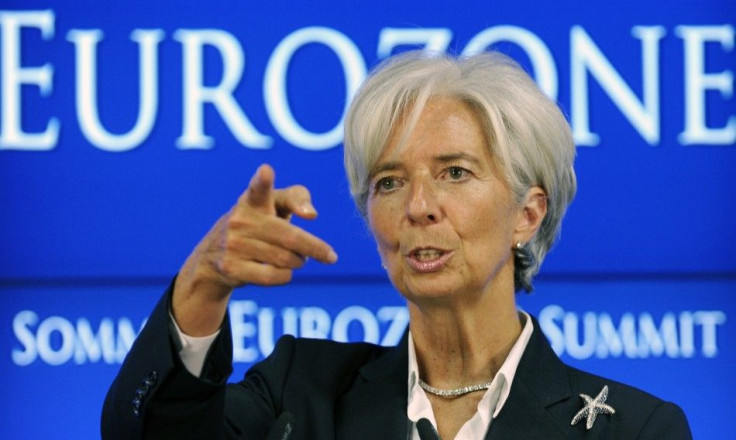G-20 Meet: Europe to Face Pressure from U.S., China and Japan for Crisis Management

In the G-20 meeting to be held in Mexico City from Feb. 25, the U.S., China and Japan will ask Europe to take additional steps to solve the economic crisis before it could receive external help.
As of now, no consensus has been reached for increasing the financial resources of the International Monetary Fund for dealing with the debt crisis of the eurozone.
Already doubts have been raised about Greece on whether approved austerity and debt relief measures, which the country's emergency-lending troika -- the European Union, the European Central Bank and the IMF -- had demanded as a prerequisite for bailout package, will be sufficient to ease its staggering debt load.
It is notable that earlier this week it was reported that Japan and China had given a joint statement that they were committed to help resolve the European debt crisis through the IMF on the basis of further efforts by the eurozone members.
The IMF proposed last month to boost its lending funds by as much as $500 billion to insulate the global economy against any deterioration of Europe's sovereign crisis.
China and Japan, the world's second and third largest economies, have not yet discussed the specific sizes of their contributions to resolve the European debt crisis.
China had earlier expressed its willingness to get more deeply involved in resolving Europe's debt crisis as was stated by Premier Jiabao at a joint press conference with EU President Herman Van Rompuy in Beijing Feb. 14.
At the same time the U.S. has made its position clear. Lael Brainard, the U.S. Treasury's undersecretary for international affairs, stated last week that it was not planning to contribute additional funding for the IMF to help solve the European debt crisis.
Along with this, the U.S. is expecting that additional steps are taken by Europe to strengthen the firewall to protect the larger economies from spillovers of the existing problem.
© Copyright IBTimes 2024. All rights reserved.











